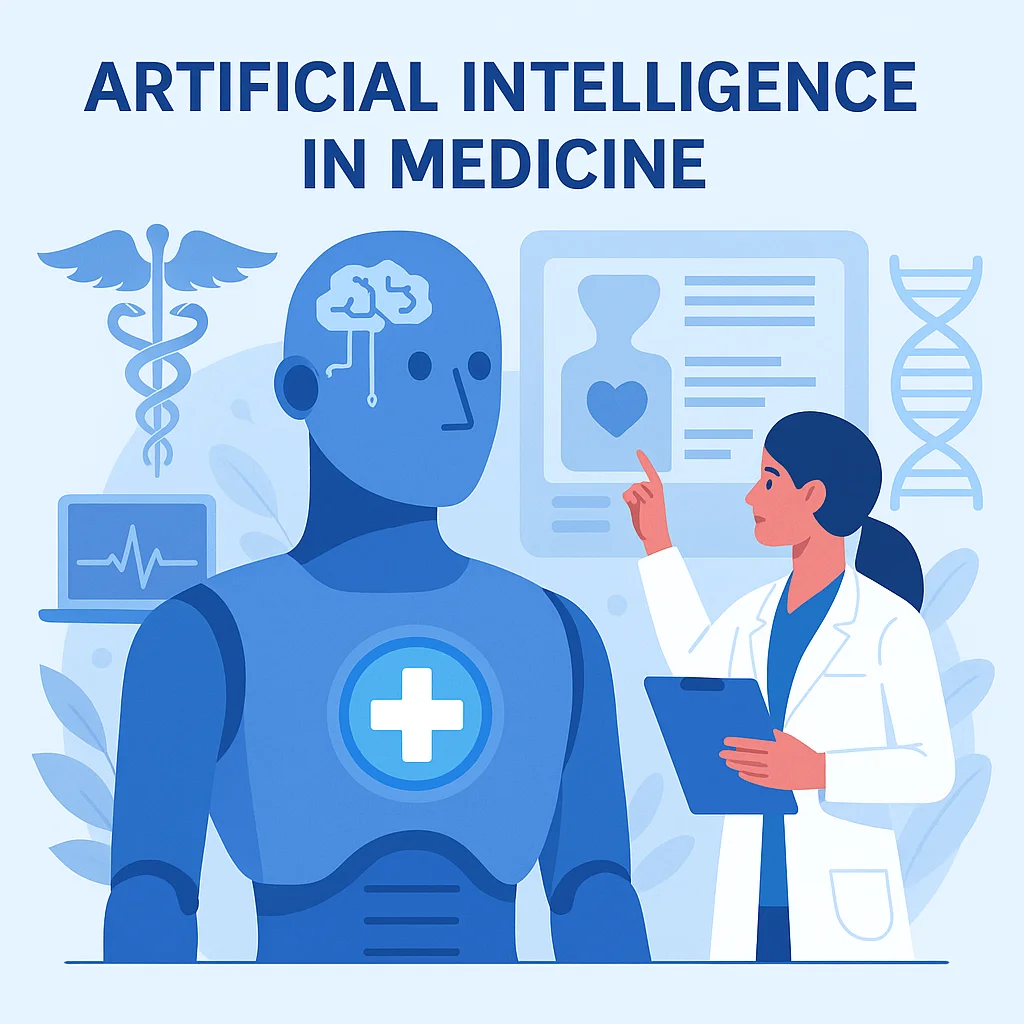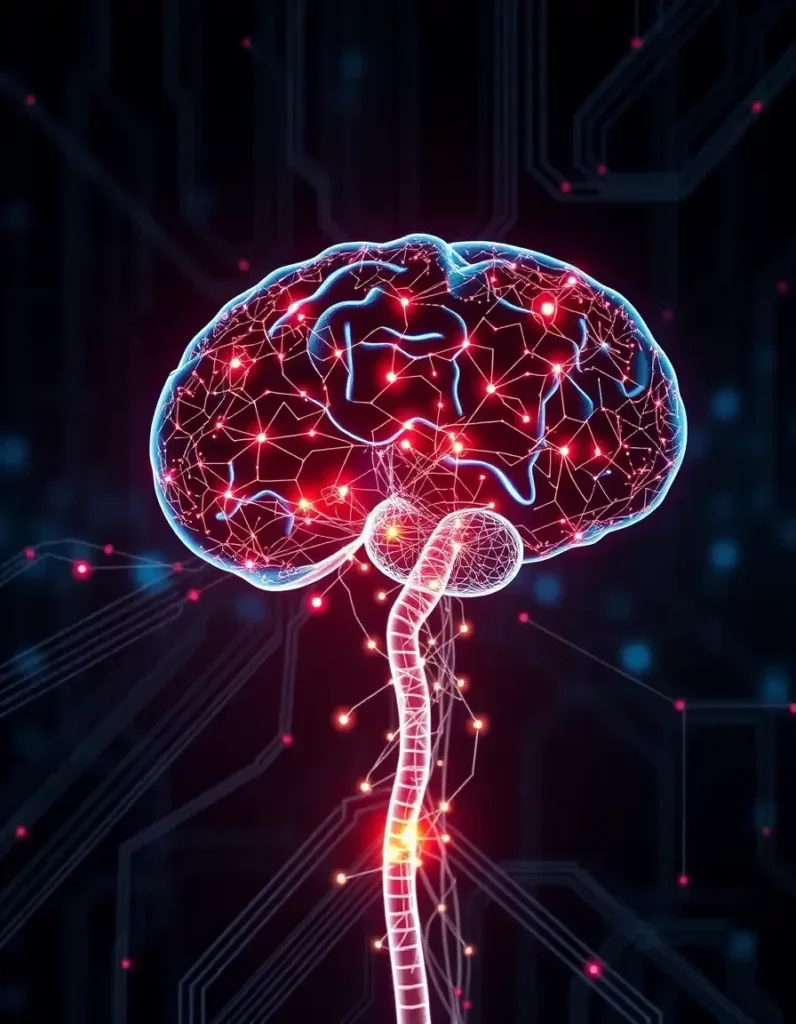Medical artificial intelligence is quickly surging to change healthcare provision across the world. AI is not only helping doctors detect diseases early but also allowing them to treat patients individually and carry out robotic surgeries. This intelligent technology is based on discovering the data via data-based algorithms and machine learning to imitate human intelligence in order to assist doctors in making quicker, more precise judgments.

What is Artificial Intelligence in Medicine?
Artificial intelligence in medicine is based on the utilization of computer systems capable of machine-like processing. These are data-driven learning, pattern recognition, decision-making, and even forecasting. In the medical field, AI technology guides doctors, nurses, and researchers in diagnosing disease, tracking patients, handling medical records handling and developing new drugs.
Top Applications in Medicine
They play an important role in almost all fields of medicine, as in medical laboratory departments, operating theaters, etc.
1. Disease Diagnosis
X-rays, MRIs, and CT scans are medical images that can be analyzed by AI-based systems accurately. These systems are able to pick up cancerous indications, broken bones, infections, and other conditions earlier than a human doctor.
2. Personalized Treatment
Artificial intelligence in health can assist the development of individual treatment plans regarding genetics, lifestyle, and health history of a particular patient. The method enhances the efficacy of the treatment and minimizes undesirable side effects.
3. Predictive Healthcare
AI can read vast amounts of patient data to estimate the possibility of such diseases as diabetes, cardiovascular diseases, or even mental disorders. This gives the chance of early interventions and preventive care.
4. Virtual Health Assistants
Virtual assistants and chatbots working with AI can provide patient support by answering their questions, creating appointments, and reminding them about taking medication at any time of the day/night.
5. Robotic Surgery
It is another use of AI as robots that are controlled by AI help the surgeons during complicated procedures, making the process more accurate and less prone to any mishaps. This makes the recovery period of patients shorter.
6. Drug Discovery
AI accelerates the process of finding and testing new medications, analyzing how various substances can interact with the organism, saving time and money.
Benefits of AI usage in Medicine
- Faster Diagnoses: AI lets doctors diagnose sicknesses faster and more accurately.
- Better Patient Outcomes: Evidence of a well-tailored treatment plan is evidence of a successful health outcome.
- Reduced Costs: Robotics automation and performance reduce the total expenditure of care.
- Improved Access: Virtual tools increase access to medical counsel in more distant locales.
Challenges of Using AI in Medicine
Despite these numerous strengths, AI in medicine has its pitfalls:
- Data Privacy: Confidentiality and privacy are necessary because patient data should be secure.
- Algorithm Bias: AI can down from biased by the data it is trained on, and wellbeing with lead to improper molding of a decision.
- Lack of Human Touch: However, while AI is incredibly strong, it cannot be a substitute for humanity’s feelings and understanding.
- Regulatory Issues: AI systems have to comply with tough healthcare regulations in order to get broad use.
The Future of Artificial Intelligence in Medicine

Artificial intelligence has a bright future in medicine. With the further development of technology, AI will be even more involved in the early diagnosis of diseases and health control in remote communities, as well as in global health control. But under careful application and ethical principles, AI could be used to enhance the healthcare outcomes of millions of people across the world.
Conclusion
Medical artificial intelligence is not a fashionable trend, but rather an upheaval in healthcare. Together with human intelligence and the intelligence of machines, we are bringing a future where healthcare becomes more intelligent, faster, and personalized. With the recent development of technology and its progress, the need to look at the balance between innovating and ensuring that AI is a blessing to all patients has become of interest.if you want to learn more about Daraz vs Amazon click here

